It’s 8:30 on an early August morning, and the sun is already bearing down on the white walls of the house. I gently close the door, careful not to wake my son Kevin and his wife Pamela, who are visiting me from Canada, and make my way to Bar Dal Brillo, just off the main piazza of San Vittore del Lazio.
This “paese”, a small village of about 2,000 inhabitants, lies 130 kilometers south of Rome or 80 kilometers north of Naples. It is where I was born.
As I step into the typical small-town Italian bar, the proud owner, Maria Vittoria, greets me with dramatic hand gestures. In her mid-50s, Maria exudes the confidence of a woman who has lived her share of life experiences. Her resemblance to Sophia Loren is remarkable.
Maria’s frustration bursts forth as she curses about people cleaning the town fountain and letting the water run in front of her bar’s entrance, soaking the freshly polished marble floor.
“Ma un po’! Dico io, un pocchettino d’intelligenza, ce la potrebbero dare a questi stronzi!”
(“But seriously! Just a little common sense—couldn’t they give that to these idiots?”)
Just as quickly as her rant begins, it ends. She resumes her usual demeanour as if nothing has happened.
I smile and order a whole wheat croissant and a cappuccino. Taking a seat outside, I find myself facing the church’s bell tower—a place that holds countless childhood memories.
At the table next to me, a lively group of elderly locals chat animatedly in the San Vittorese dialect, a melodious language that resembles Neapolitan. Their voices transport me back to my childhood, reminding me how certain things never change.
It’s been nearly 59 years to the day since I left this town. While much has stayed the same, San Vittore has lost some of its self-sufficiency. Where once there were two bakeries, three fruit and vegetable shops, three barbers, two butchers, two shoemakers, three bars, a post office, and two pharmacies, there’s now little more than a convenience store and two coffee bars.
“Everyone owns a car today, and Amazon is very efficient,” the most outspoken of the group explains, when I ask where all the shops have gone.
As I sip my cappuccino, a white-haired man, about my age, approaches. He stops and stares. I stare back, not recognizing him.
“Non sei di qui, vero?”
(“You’re not from here, are you?”)
“Well, I am and I’m not,” I reply.
“Come ti chiami?”
(“What’s your name?”)
“Agostino,” I say.
“Nooo! Lo sapevo! Ma non ti ricordi di me?”
(“I knew it! Don’t you remember me?”)
I search my memory, but nothing clicks.
“Peppino,” he says, grinning.
For heaven’s sake—Peppe! The memories flood back. We hug, laugh, and look at each other, laughing some more at the incredulity of our encounter. We order another espresso and sit under the blazing sun, reminiscing about two mischievous boys in 1965, throwing paper planes out of classroom windows when the teacher wasn’t looking.
Peppe leaves promising to stay in touch and soon I see Kevin and Pamela approaching to join me for coffee. This trip is special for them. Pamela is seven months pregnant with their first child, and just a few days ago, we celebrated Kevin’s 40th birthday back in Tuscany. I’m thrilled to show them the village where it all began.
We stroll down Via Roma, stopping at a faded green door. “This,” I tell Kevin, “was your great-grandfather’s cantina (tavern).” A few meters down, I point to another spot, a bar with a bocce courtyard and a large hall “Here’s where we used to watch TV. Back then, not everyone had a television at home. We’d pay ten liras to watch RAI Uno—the only channel there was.”
In the piazza, I continue the tour. “Over there was my “padrino’s” (godfather’s) barbershop. Across the square, another bar and a *Sali e Tabacchi*.”
“What’s a “Sali e Tabacchi?” Pamela asks.
I explain, “They date back a century or so. These state-monopoly shops sold salt and tobacco—essentials at the time. Today, they’ve expanded to include stamps, lottery tickets, and other services. The salt monopoly ended 50 years ago, but the legacy remains with the ubiquitous blue ‘T’ signs you see.”
Walking toward Via Greci, I stop and point. “See that window up there on the second floor? That’s where I was born.” They pause, taking it in. Pamela places a hand on her rounded belly, a look of awe on her face.
Farther down the street, I gesture to another spot with the civic number 11. “Here was our family business, a shoe store. I used to sit on the front porch playing with my friends, Pino and Marco.”
We round a corner, and I point out the clock tower. “That’s where I learned to tell time.” Then, another building. “That was my school—from kindergarten to fourth grade. And up there is the church where I was an altar boy, serving at masses, weddings, funerals, and the many religious ceremonies we had back then.”
A short walk brings us to Bellavista Street. I point to a house. “This is where your grandparents built a new home while in Canada, thinking we’d return. I remember choosing my room on the plans. If I’m not mistaken, it’s that one on the left corner.”
“What happened” Kevin asks”
“Well,” I say, “there were big disagreements between your grandparents. Nonna wanted to stay in Canada; Nonno wanted to return. You can guess who won.”
We end our tour at the village cemetery. I show them the graves of great-grandparents, aunts, uncles, and cousins. Kevin looks at the tombstones bearing our family name, Masecchia.
“It’s touching to see this,” he says. “It gives me a connection to Italy I wouldn’t have had otherwise.”
“Is there a gelato shop nearby?” Pamela asks. She’s had gelato every day while in Italy, blaming her cravings on the pregnancy.
“There’s one not far—it’s the best. I’m not expecting, but I feel like gelato every day too,” I kid.
Pamela smiles. “One day, our daughter will be old enough to see where her grandfather was born. And I’m sure she’ll love this village and gelato as much as I do.”
Arrivederci until next Saturday—always observing, always sharing, always sipping, always a tale from an Italian coffee bar and beyond.





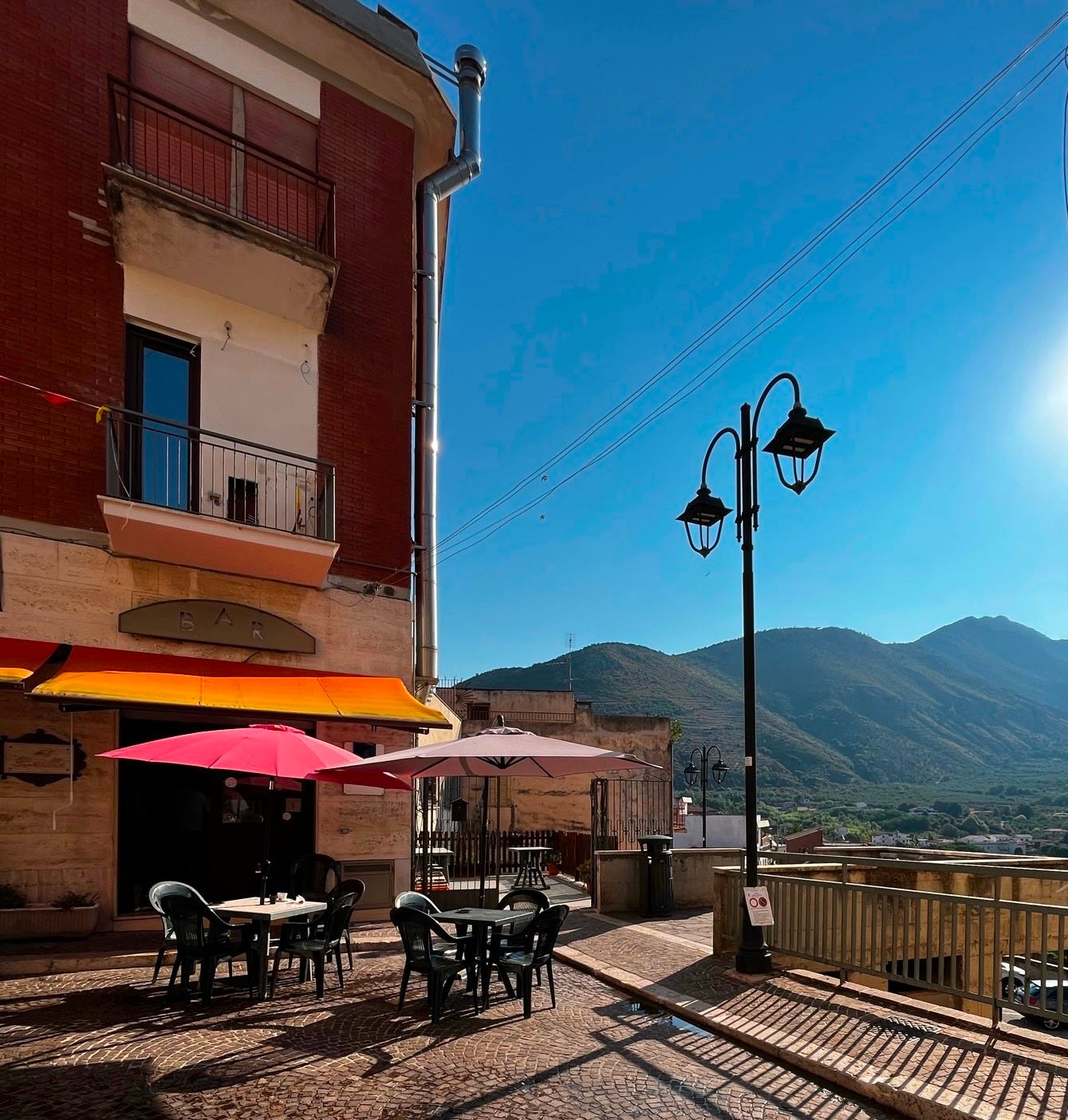
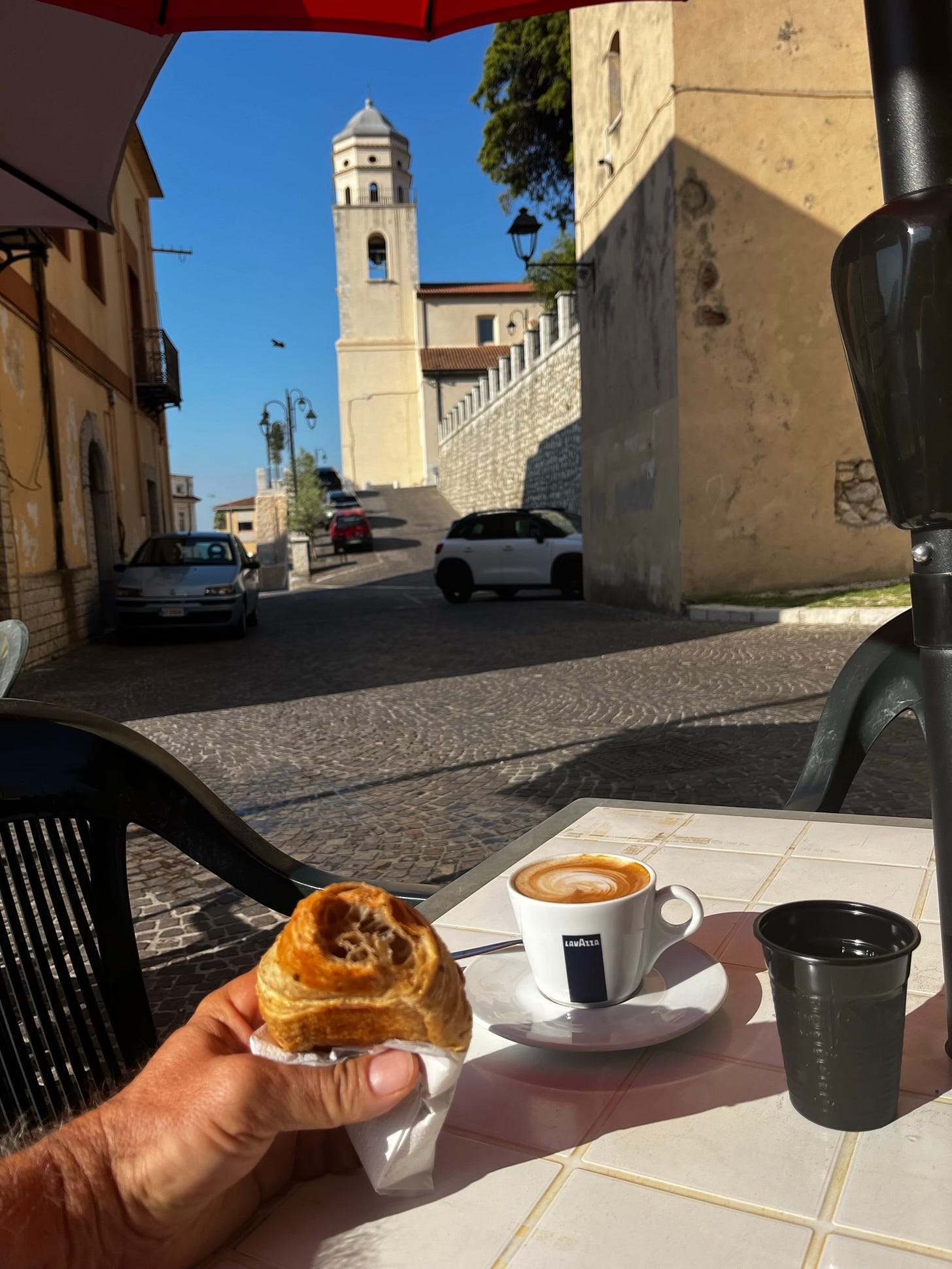



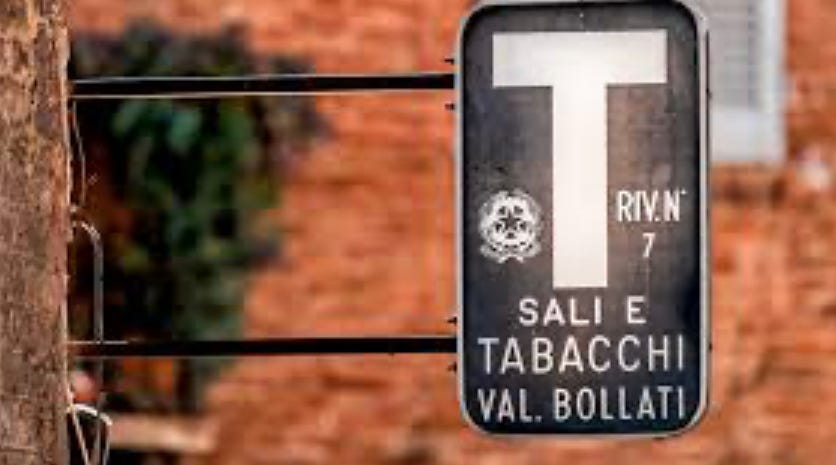
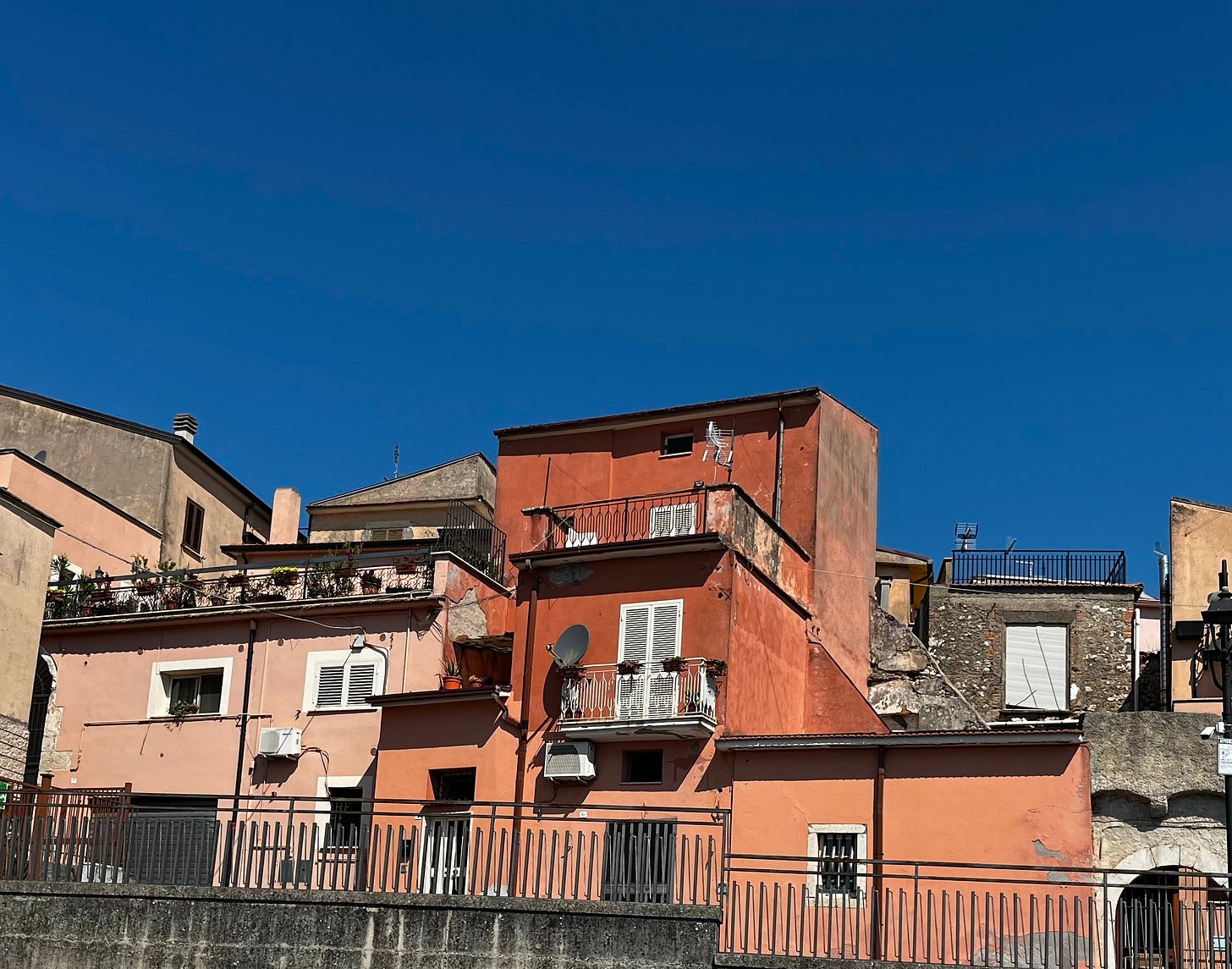

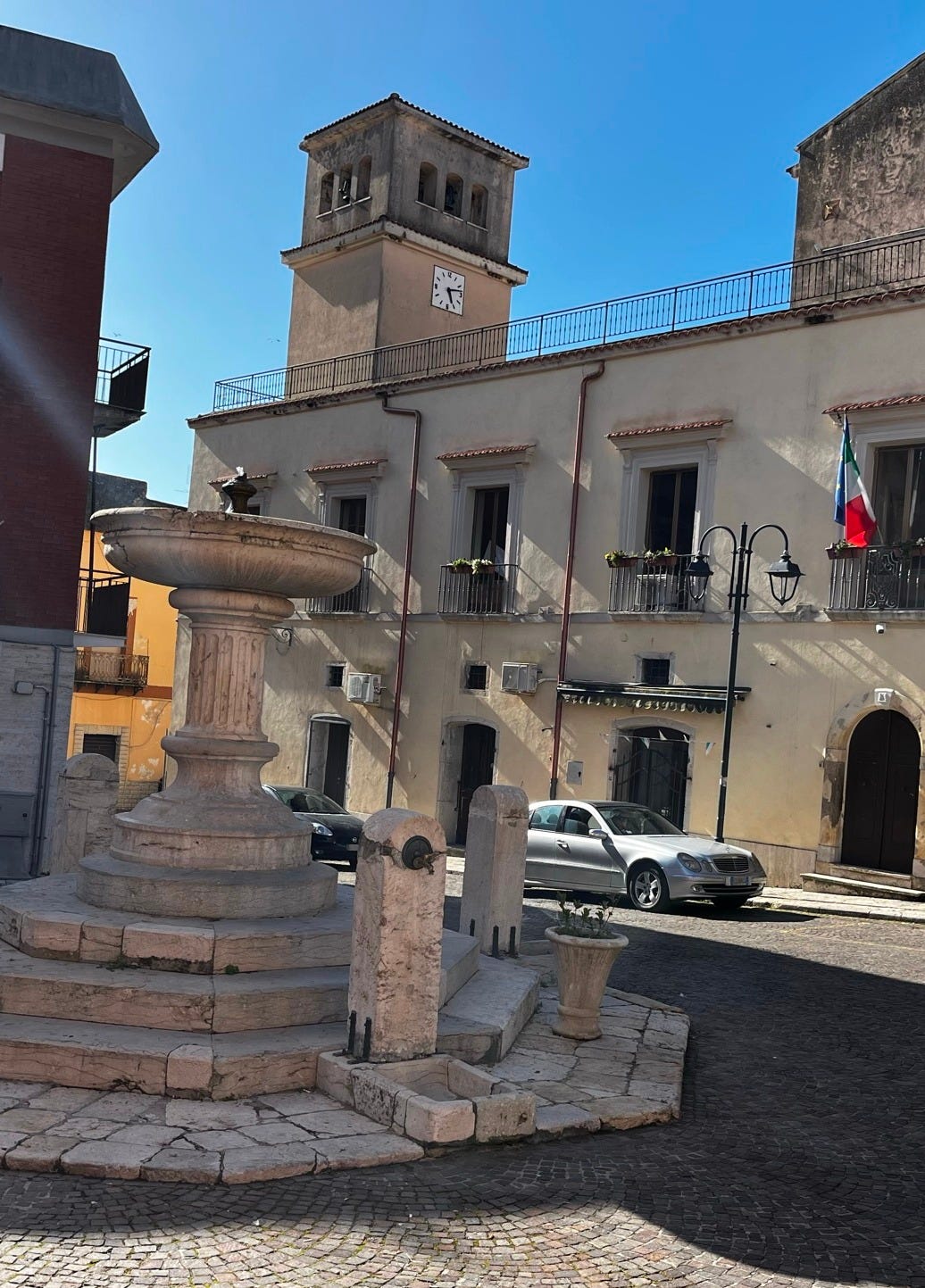

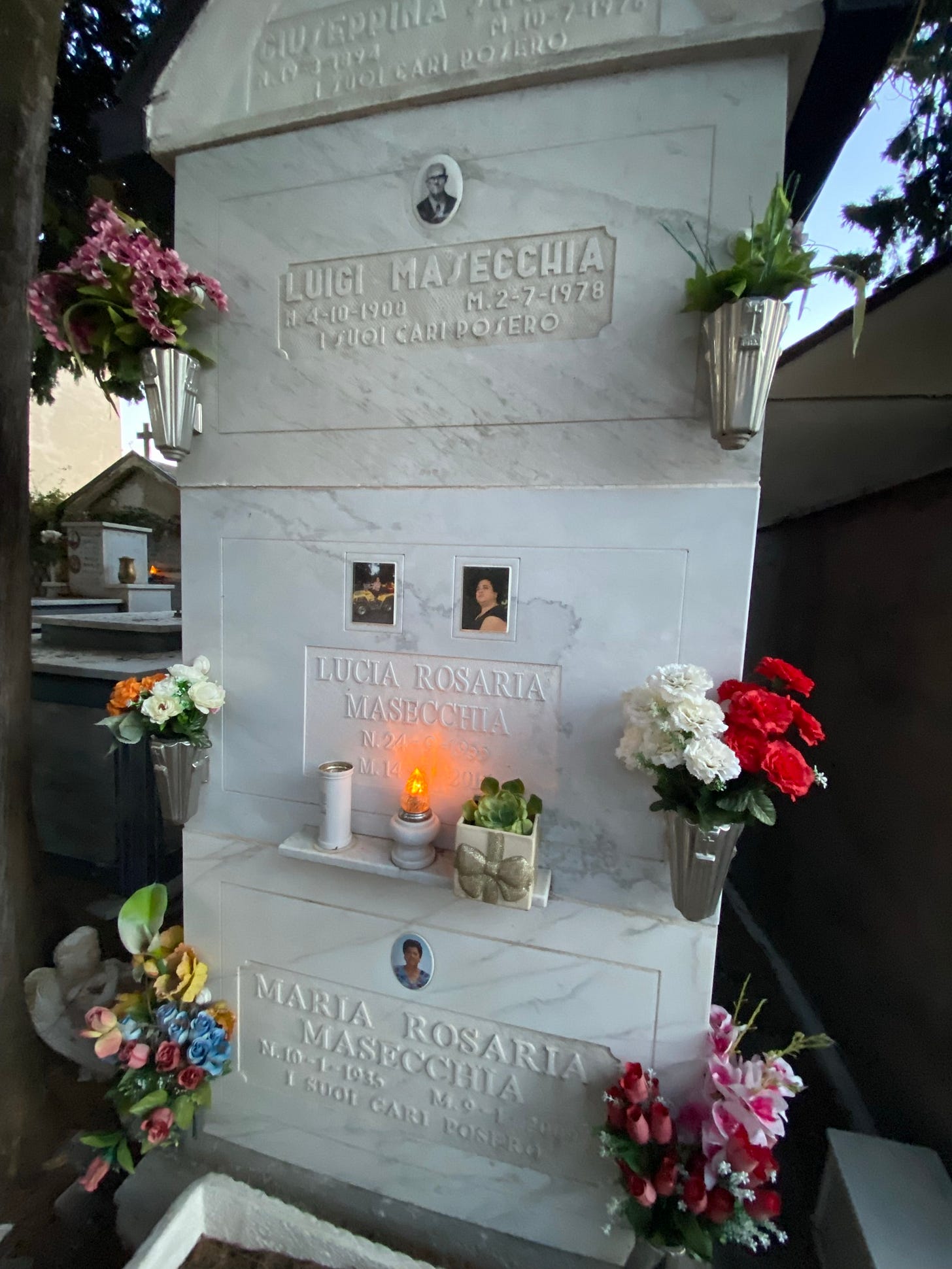
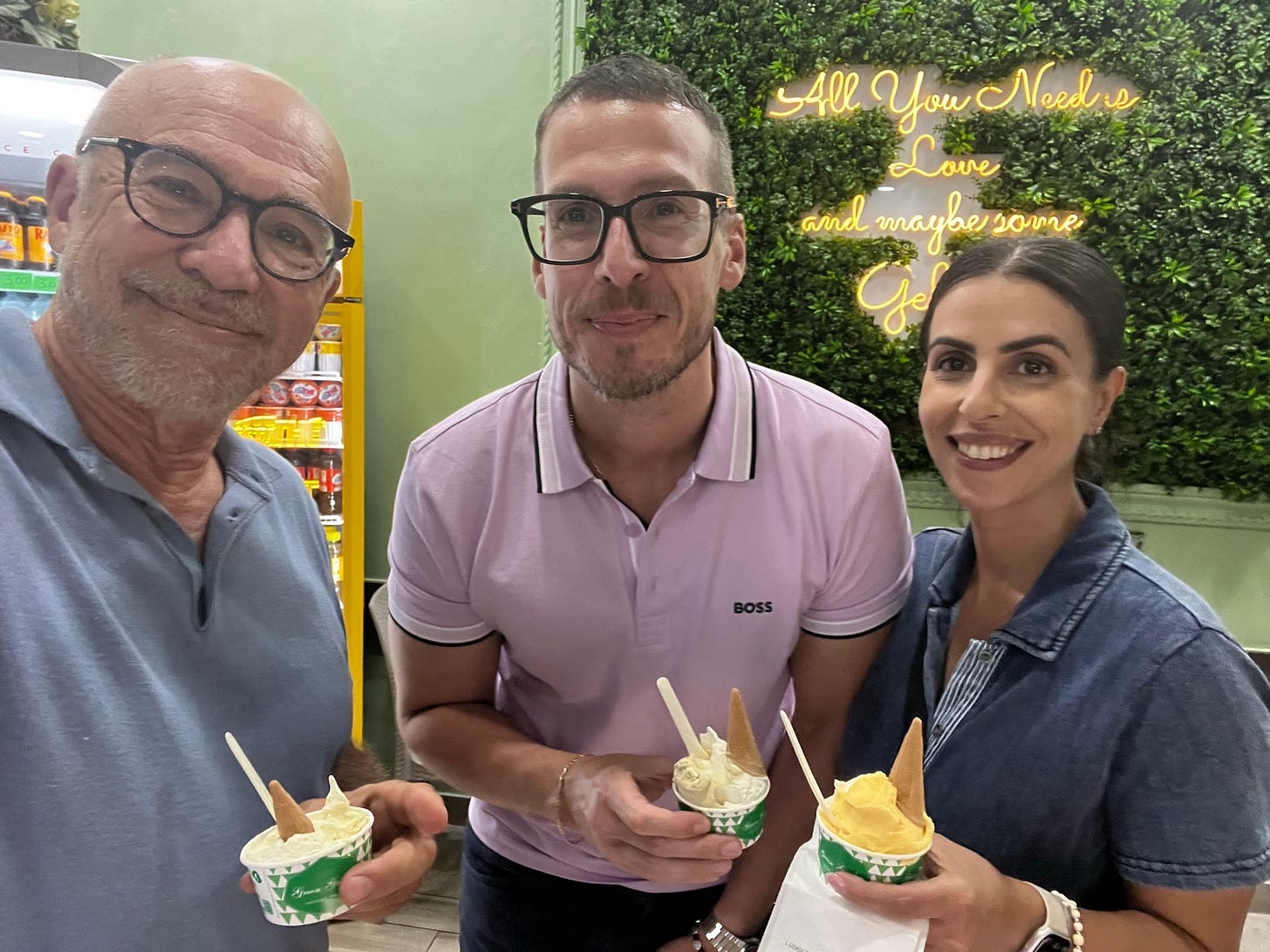

Would be nice to buy our family house back.
Maybe one day you should write your entire family biography. Couldn’t put this reading on hold. That’s how interesting it was. Thanks for sharing this.